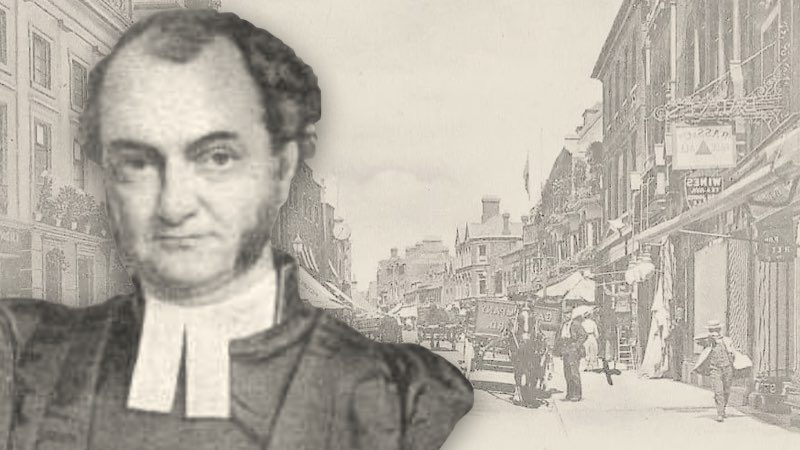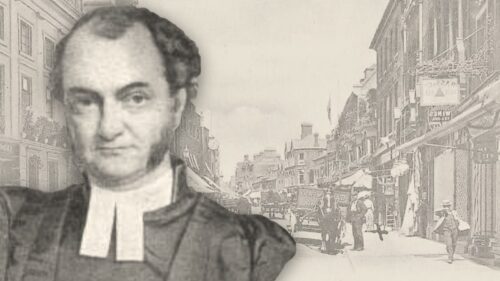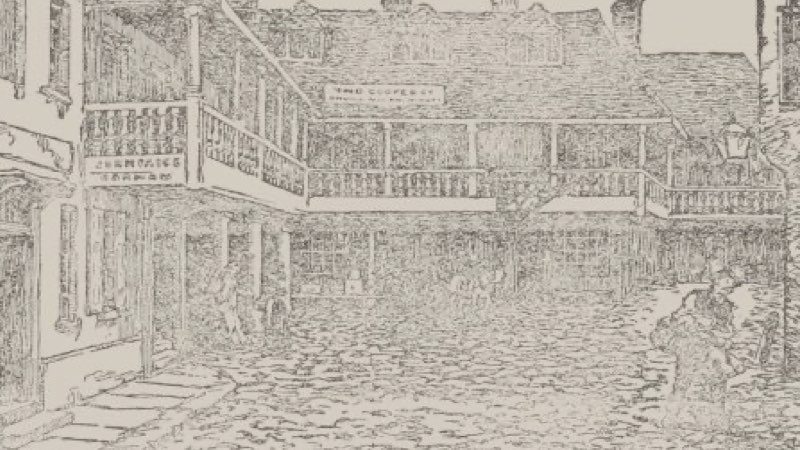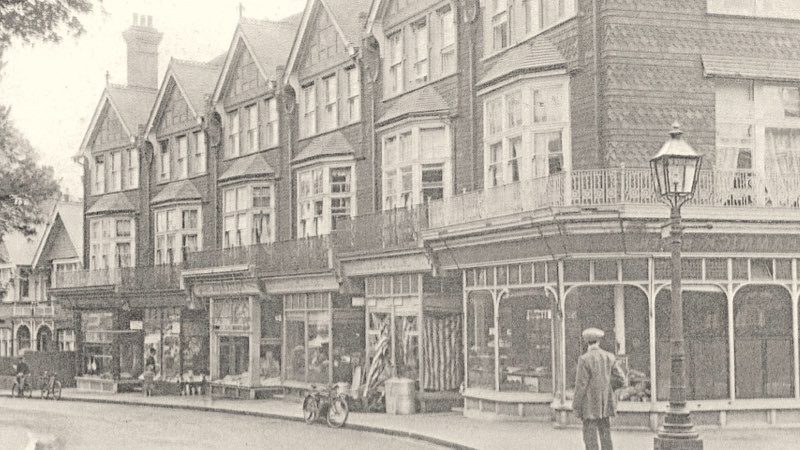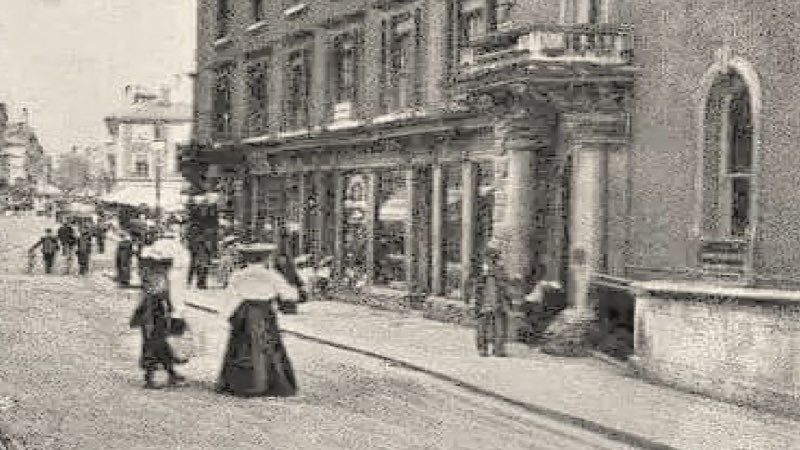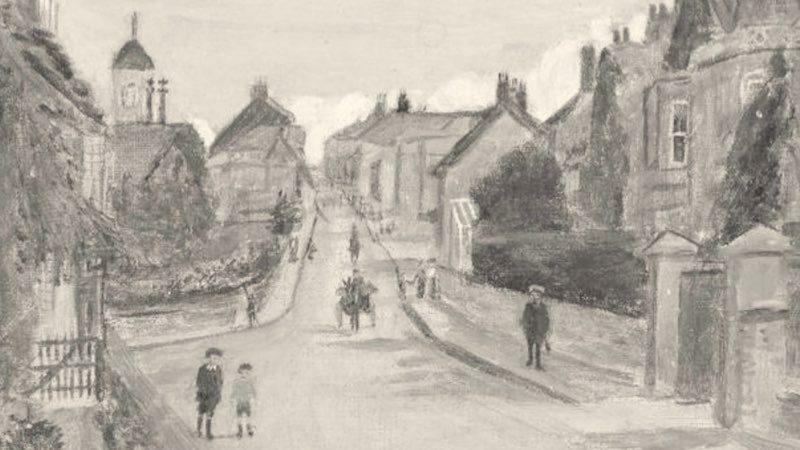-
The Life And Legacy Of Henry Cole
Henry Cole, D.D., of Clare Hall, Cambridge (1792-1858), was a scholar and a preacher of an entirely different type to any of those who have been named. He sometimes occupied the University Pulpit at Cambridge and his sermons delivered there are fearless and experimental expositions of the Gospel of the grace of God. In his later years he was proprietor and head master of a boarding-school at Highbury Place; Sunday evening Lecturer at St. Mary Somerset, Upper Thames Street; and subsequently he preached in the building in Providence Place, Upper Street, afterwards known as Providence Chapel. His translations of some of Luther's books and of "Calvin's Calvinism" are of permanent value, and his work upon the humanity of our blessed Lord is eminently scriptural and…
-
The Life And Death Of Henry Cole
A Short Account Of The Last Illness And Peaceful Death Of Henry Cole, D. D., Late Of Clare Hall, Cambridge, And Of Highbury Place, Islington; And Also Late Sunday Evening Lecturer Of St. Mary Somerset, Upper Thames Street, London. [We have felt some difficulty in giving insertion to the following Obituary, which, indeed, has been one reason of its being delayed, as it has been some months in our possession. The difficulty was this. As Dr. Cole, at one period of his life, left the Establishment and afterwards returned to it, it formed a stumbling-block in our mind which we could not very well get over. But he never departed from the truth which he held in its experience and power, was heavily afflicted in…
-
The Life And Ministry Of John Halliwell
The subject of this memoir was well known in the churches of Lancashire and Yorkshire, as an occasional supply, when his health would permit him to go out; and even after he was afflicted he was often at his post. He was born at Rosendale, Lancashire, and his father being a member under the late John Pilling, of Goodshaw Chapel, he was brought up to attend at the above place; but while in a state of nature he was often found, as he frequently told us, wandering in the fields on a Lord's day with other bad companions, without God and without hope in the world. In this state he went on, more or less, till he was about 30 years of age, when, by…
-
The Life And Death Of B. Tatham
We have received a few particulars of his illness, gifts, &c.; but the account says not a word of his experience, either as living or dying. "We extract the following: "He was in his usual health excepting as light cold until Tuesday evening, the 27th of March, when he complained of a pain in his chest. He had recourse to brandy and water, which seemed for a time to relieve him, but the pain soon returned with greater violence; the same means, with the addition of putting his feet in mustard and water, were again used, but without effect. Mrs. Tatham, becoming alarmed, sent for their medical attendant, who arrived quickly, but did not seem to think seriously of the case. He went to prepare…
-
The Life And Death Of John Houghton
He was often engaged to preach at different places, and should have gone to Chorley at the time he was taken ill. He was a subscriber to the "Gospel Standard" for more than 20 years. During his short illness, (not a fortnight,) he was tried very much by the enemy of souls; so much so that he said he thought that Satan came to him with a net to catch him, and he drew up his net, "but," he said, "I was not in the net. He knocked me down, but he could not wound me, for I had a helmet of brass on my head." Sometimes he would say he had had to fight some hard battles; and then I heard him pray fervently:…
-
The Life And Ministry Of William Petty
He was one of those of whom I could say with assurance that his name was in the book of life; for having been closely acquainted with him for years I can bear testimony to his character, both as a Christian and as a Minister. As a Christian, I should say at once that he had a religion of the right sort, a religion that came from God, and therefore went back to God again. He was always free to confess that he had nothing but what he had received; and being the subject of that grace which makes a man little in his own eyes, he was very averse to that kind of religion which aims to look big in the eyes of others,…

